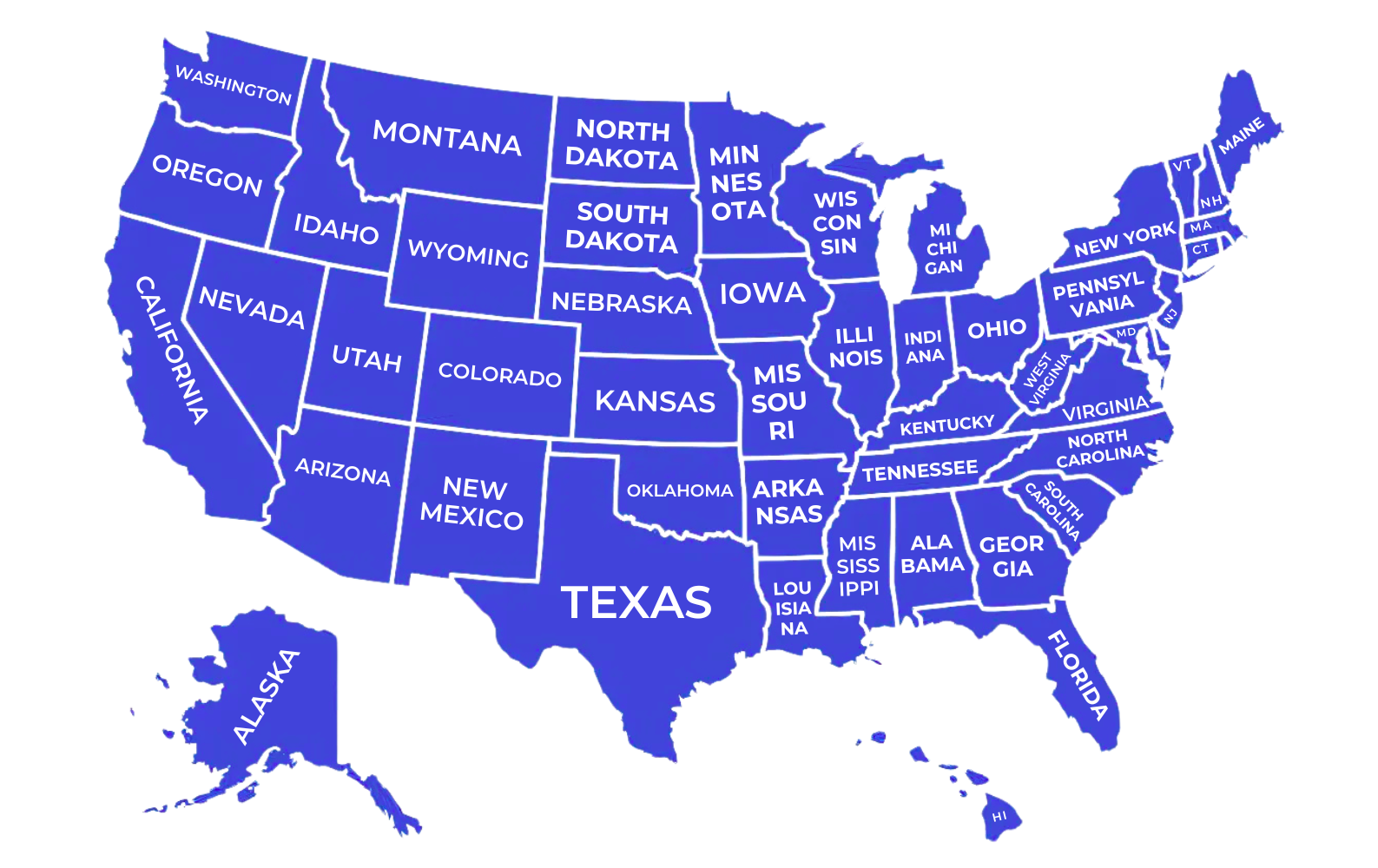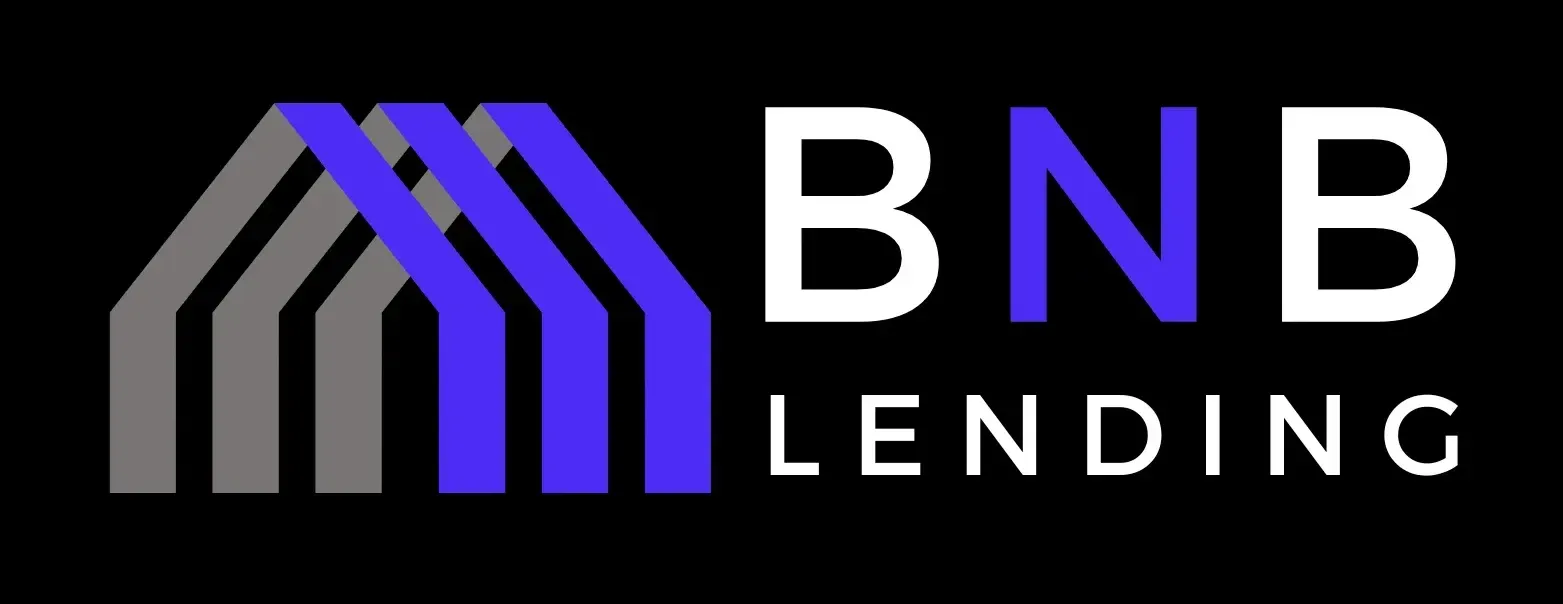
Michigan Second Home Loans and Mortgage Solutions
Financing Your Dream Second Home
Looking to buy a second home in Michigan? Whether you're purchasing a Lake Michigan vacation property, an Upper Peninsula cabin, or a Detroit-area condo, BNB Lending offers tailored second home loans to fit your needs. We help you navigate Michigan’s property tax structure, local STR regulations, and eligibility requirements. Our mortgage options are designed for personal-use homes with limited rental activity, offering competitive terms and fast closings. From compliance to closing day, we help ensure your Michigan second home loan fits both your goals and state-specific expectations.
How to qualify
To obtain a quote, we will need the following information:
Property Value and
Purchase Price
Down Payment
Amount
Credit Score
Asset Types
- Single Family Homes
- Townhomes
- Condos
- 2 - 4 Units (Duplex, Triplex, Quadplex)
- Multi-Family: 5 - 8 Units
- Mixed-Use: 2 - 8 Units
- Multi-Family: 9+ Unit
Loan Terms
- Loan Sizes:
$100k up to $3.5 Million (Larger loan sizes available on a case by case basis)
- Purchase LTV:
Up to 85%
- Rate & Term Refinance LTV:
Up to 80%
- Cash Out Refinance LTV:
Up to 80%
- Amortization:
30 Year % 40 Year Amortization Options Available
- Term Lengths:
5/6 ARMs, 7/6 ARMs, 10 Year Interest Only, 30 Year Fixed & 40 Year Fixed
- Floor Rate:
5.50% (subject to change daily due to market volatility)
- Full Recourse
with personal guarantee required for all borrowers with majority ownership (typically 20%+ or 25%+ if closing in an Entity)
- DSCR Requirement: 1.00x or greater depending on loan size and property type. Sub-1.00x DSCR and NO DSCR options available.
- Vesting:
Lending to Individuals, LLCs, and Corporations. Trusts Allowable on a Case by Case Basis.
- Average Time to Close:
14 to 35 days
Wondering if you qualify for investment property financing in your area?
We offer lending services in all 50 states!

Frequently Asked Questions
What are the requirements for a second home loan in Michigan?
Michigan second home loans follow federal guidelines. The property must be a one-unit dwelling, livable year-round, and personally occupied for part of the year. It can’t be used primarily as a short-term rental or held by an LLC. A 10–20% down payment is usually required, along with verified income and good credit. Michigan does not impose extra rules on top of federal lending standards, but local zoning laws or HOA rules may apply. BNB Lending reviews your property and borrower profile to ensure second home eligibility and long-term financing stability.
How do short-term rental rules impact loan classification?
If you plan to rent out your home frequently, it may be classified as an investment property rather than a second home. This can result in stricter lending terms and higher interest rates. Michigan has no statewide STR law, but cities like Detroit and Grand Rapids enforce local ordinances, registration, and hotel taxes. A 6% state sales tax also applies to short-term rentals, plus potential local taxes. At BNB Lending, we assess your intended rental activity to determine whether second home or investment financing is the better fit.
Do second homes qualify for property tax benefits in Michigan?
Michigan second homes are taxed at 50% of true cash value, just like primary residences, but they are not eligible for homestead exemptions. If rented year-round, the property may be reassessed as commercial, leading to a higher effective rate. No state-level homestead benefits apply beyond local limits, and STR classification can vary by municipality. At BNB Lending, we help estimate the tax impact of owning a second home in Michigan—especially in resort towns where vacation properties can carry elevated tax assessments.
Can I deduct mortgage interest on a second home?
Mortgage interest may be deductible at both the federal and Michigan state level if you itemize. Michigan allows a state deduction for mortgage interest within specific limits. The IRS requires that the home be used personally and fall within loan caps. If rented, deductions must typically be prorated based on personal versus rental use. BNB Lending helps you structure your loan with tax efficiency in mind and recommends consulting a Michigan-based CPA to ensure your deductions are compliant and optimized.
Are there second home loan programs in Michigan?
Michigan’s state loan programs, including those offered by the Michigan State Housing Development Authority (MSHDA), are restricted to primary residences. These programs are generally aimed at first-time buyers and income-qualified households. Second home buyers must work with private lenders. At BNB Lending, we offer second home mortgage options throughout Michigan—from lakeside retreats to downtown Detroit condos—with competitive rates and expert guidance on zoning, STR, and tax compliance.
What kinds of homes qualify for second home financing?
Second homes must be one-unit dwellings suitable for year-round occupancy and used primarily for personal use. Eligible property types include single-family homes, condos, and townhomes. They must pass appraisal and meet lender condition standards. Timeshares and multi-unit properties do not qualify. Local ordinances in Michigan may also limit STR usage, especially in popular vacation regions. At BNB Lending, we analyze your property’s location, use, and compliance with zoning and HOA regulations to ensure it meets second home loan criteria.
Who benefits from choosing a second home loan over an investment loan?
These loans are perfect for self-employed individuals, LLCs, and investors managing multiple properties. If you plan to use your Michigan home primarily for personal stays and only rent it occasionally, a second home loan may offer better rates and terms than an investment loan. These loans must be in your personal name—not held by an LLC. BNB Lending structures Michigan second home loans to provide flexibility while keeping your financing compliant with lender and zoning guidelines.

